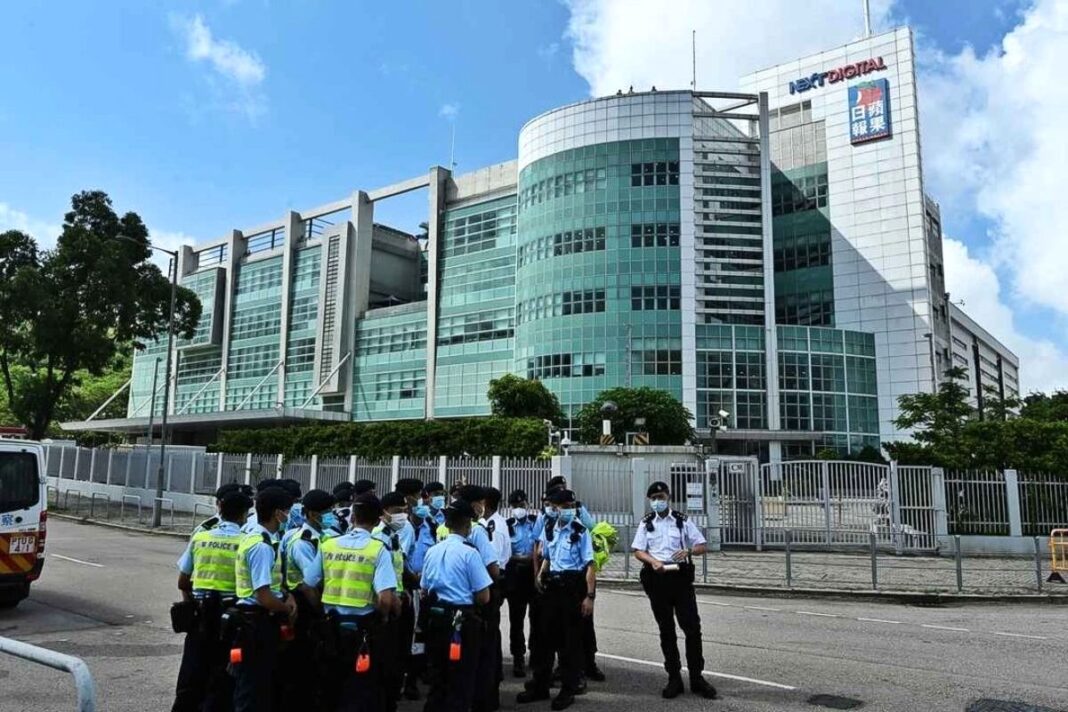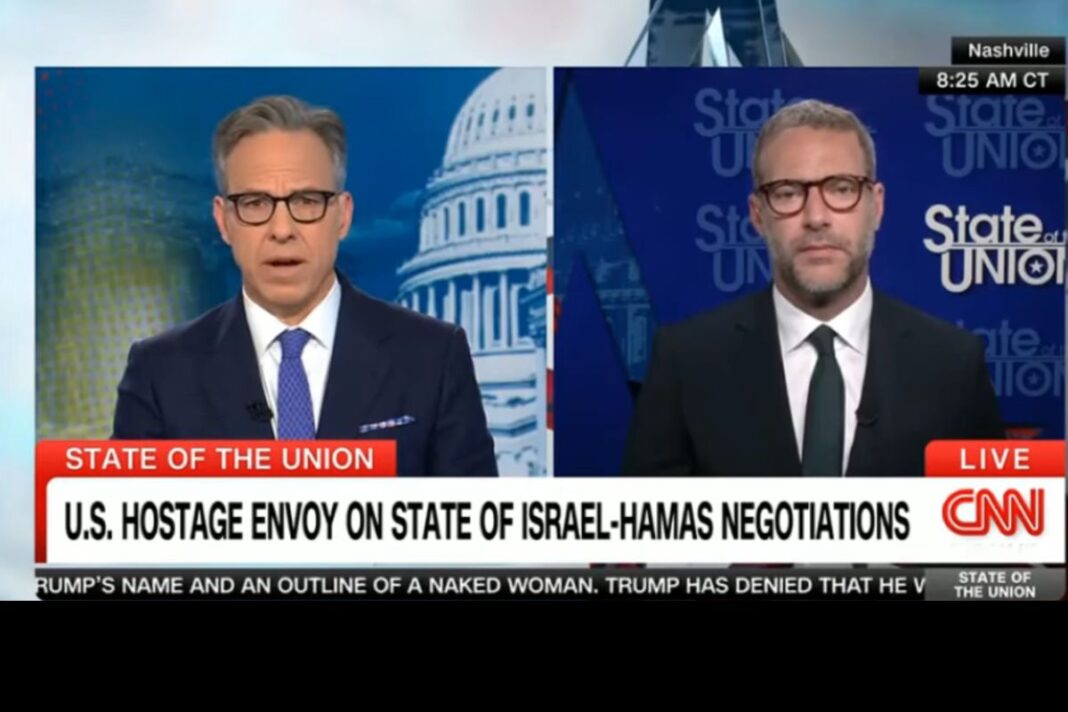Lara Logan is a truth-teller with courage to stand against the tide and great empathy for the vulnerable. Born in South Africa under apartheid, she said she felt deep pain at the injustice around her even before she fully understood what apartheid was. It was perhaps inevitable, then, that she became a journalist to shine a light on the darkness in the world. At a time when political violence raged in South Africa, 17-year-old Logan, still in high school, sought out a job at her local newspaper.
“The truth is so much bigger than me. I’ve always understood that,” Logan told The Epoch Times. “I know my purpose, I know what I was born to do, I know why I was created, and that was to do the best I can to tell the truth to people about things that matter, in a way that reaches them.”
The renowned investigative journalist has interviewed heads of state and mass murderers, terrorists as well as human trafficking survivors. When she reported from Afghanistan shortly after the September 11 attacks, some of her colleagues told her that, as an attractive young woman, should wouldn’t get far. Her work spoke for itself and she landed a job at CBS News, where she became a 60 Minutes reporter, chief foreign correspondent, and chief foreign affairs correspondent. She also hosted the show Lara Logan Has No Agenda on Fox Nation.
But after an award-winning career in network television news, Logan has gone rogue. Earlier this year, she launched the podcast “Going Rogue” as an independent journalist.
“It’s really hard,” Logan said. She is confronting obstacles to producing serious journalism when podcasting expectations are entirely different from those of traditional news reporting, and there are people who actively try to discredit others. Logan is frank about the challenges: investigative journalism takes time and money, and both are scarce when you strike out on your own.
She says the decision to go independent was not entirely her own. Logan points to a media environment where journalists were quick to report and give airtime to people who made claims, without evidence, that Donald Trump was a Russian spy. “They’re not going to hire me,” she said. “I can’t compromise on something that’s either true or not true.”
Logan is far from alone in her view, as Americans are reporting historic low confidence in mass media, according to Gallup. Logan testified on media, censorship, and free speech in a Senate hearing last year, warning that “these are the worst of times for the media in this country” and sharing her own experience with “cancel culture.”
“Everybody says they want the truth. But when people stand up and tell the truth, then get attacked for it, a lot of people run away,” she said.
Still, she isn’t pointing fingers. She says that she is not one to play the great visionary with plans of tech platforms and industry reforms, and that isn’t what she thinks will save journalism.
“We’re the only people with the knowledge and the experience and the understanding to do the heavy lifting,” she said. “If journalists don’t fight to save journalism, how can we expect anyone else to?”
Logan can immediately name a dozen good journalists, and she knows there are more out there. Many have also struck out on their own with Substacks and podcasts after storied careers, and she’s talked to some about consolidation, noting that young journalists today will miss out on mentorship that came with the traditional newsroom because “it’s each man for himself in independent media.”
It’s a lot to contend with, she said. “Today what I lean on more than anything else is God. I understand that I am here to do as much as I can humanly do and beyond that, I give it up to Him.”
“My strength comes from that, from knowing that I’m going to get up tomorrow morning and I’m going to be less tired and I’m going to have more strength to take on whatever it is that’s in front of me.”







